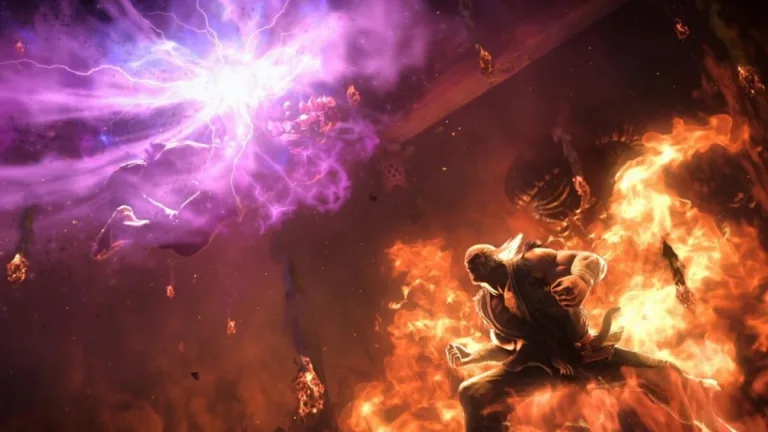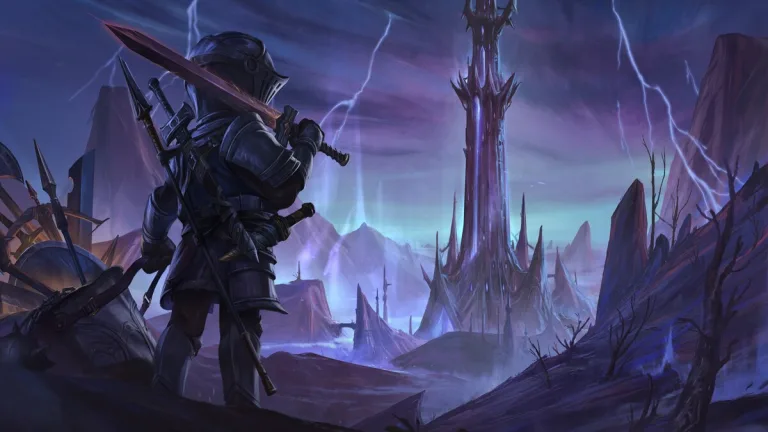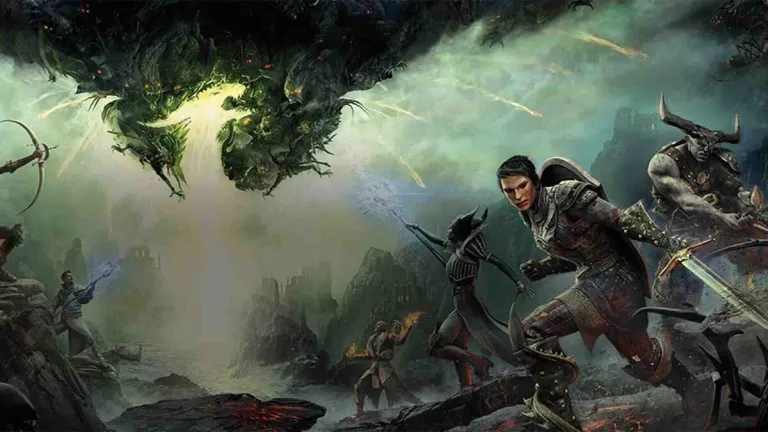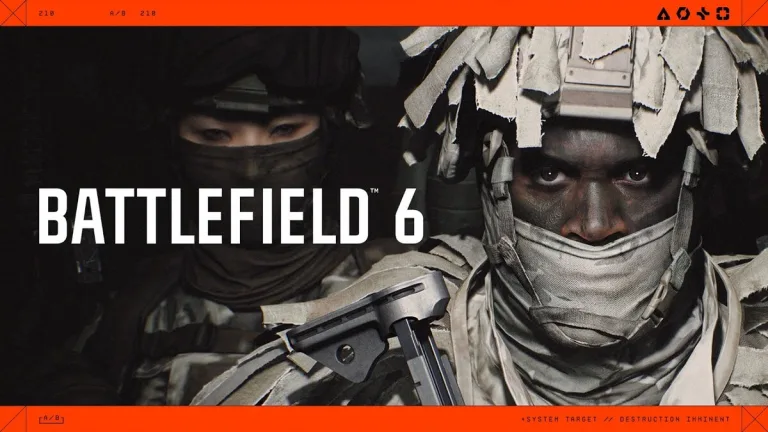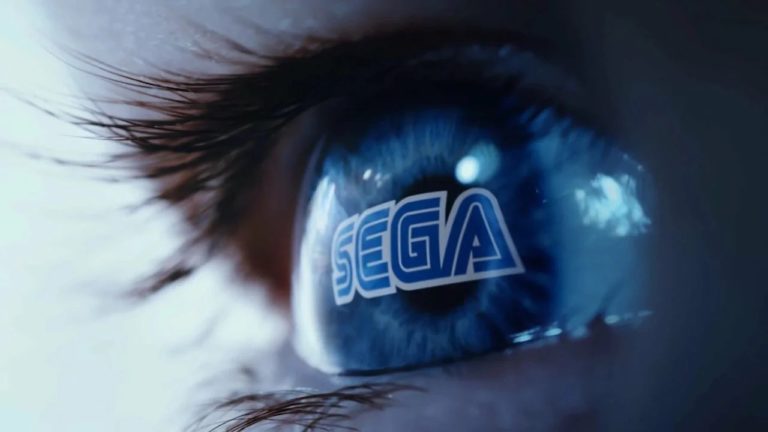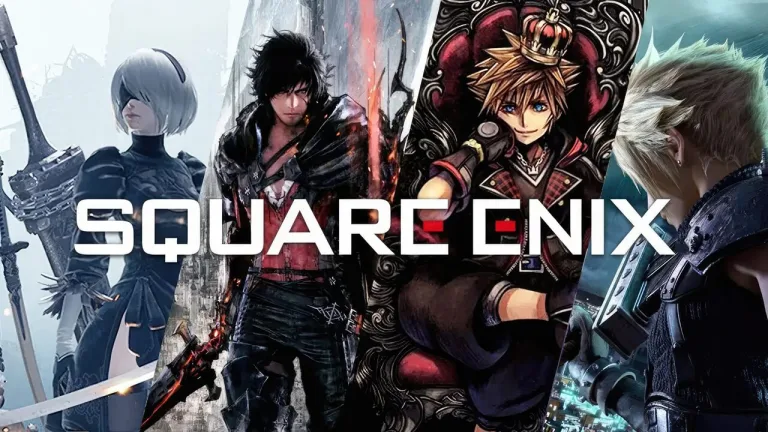Fellowship Entertainment — the freshly rebranded Embracer Group — reported an adjusted operating profit of 75 million SEK...
Video Games
When inZoi first hit PC in early access, it didn’t just enter the life-sim arena — it...
When PlayerUnknown’s Battlegrounds (PUBG) first dropped onto consoles in 2018, it wasn’t just another shooter making the...
In a move that’s sparked global debate across gaming and collector communities, McDonald’s Japan abruptly ended its...
Hope in fighting games is a funny kind of currency. We save it, hoard it, spend it...
God of Weapons is a top-down, auto-attacking roguelite where you ascend the Tower of Zhor, reclaiming the...
The Dragon Age series has long stood as one of BioWare’s most ambitious and beloved RPG franchises....
The first weekend of the Battlefield 6 Open Beta (August 9–11, 2025) was a whirlwind of action,...
Sega Sammy Holdings has released its financial results for the first quarter of fiscal year 2026 (ending...
Square Enix has officially entered a new chapter—one shaped not by console loyalty, but by survival, reach,...






